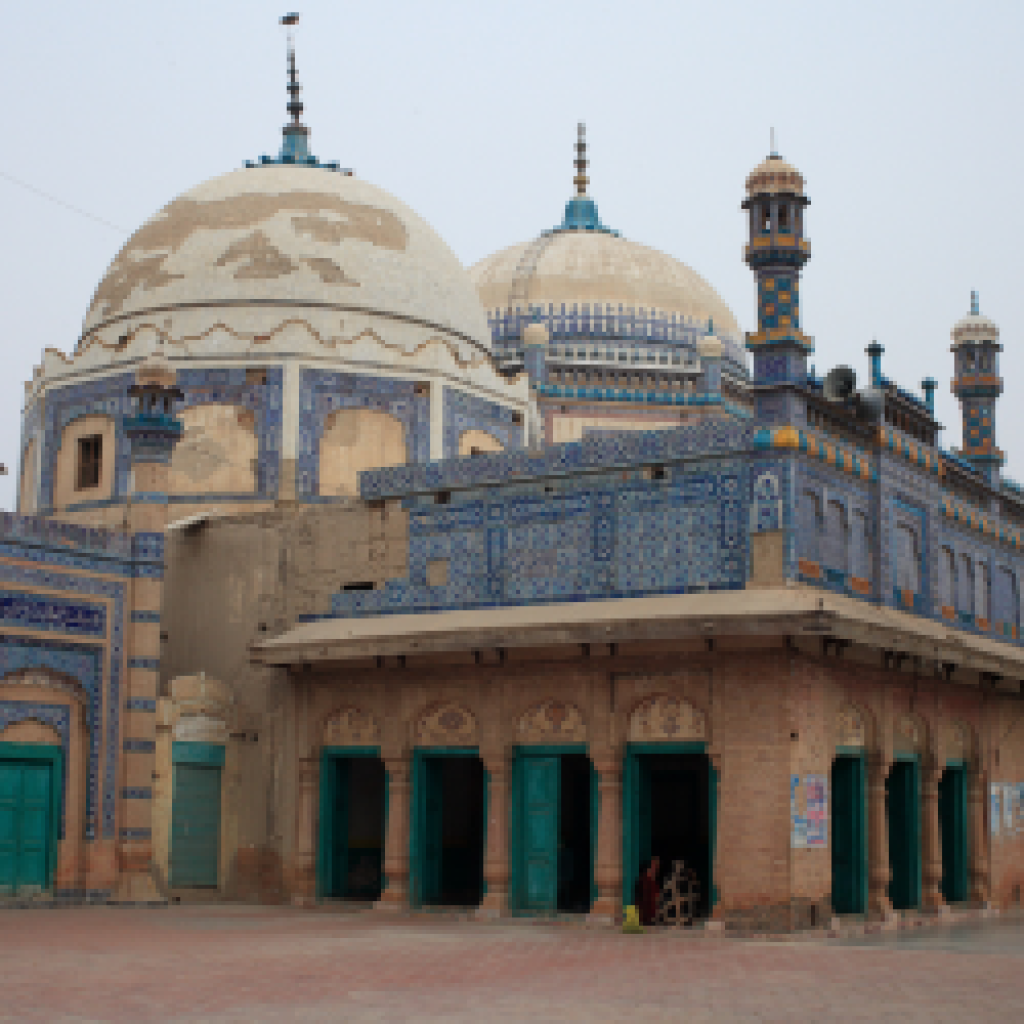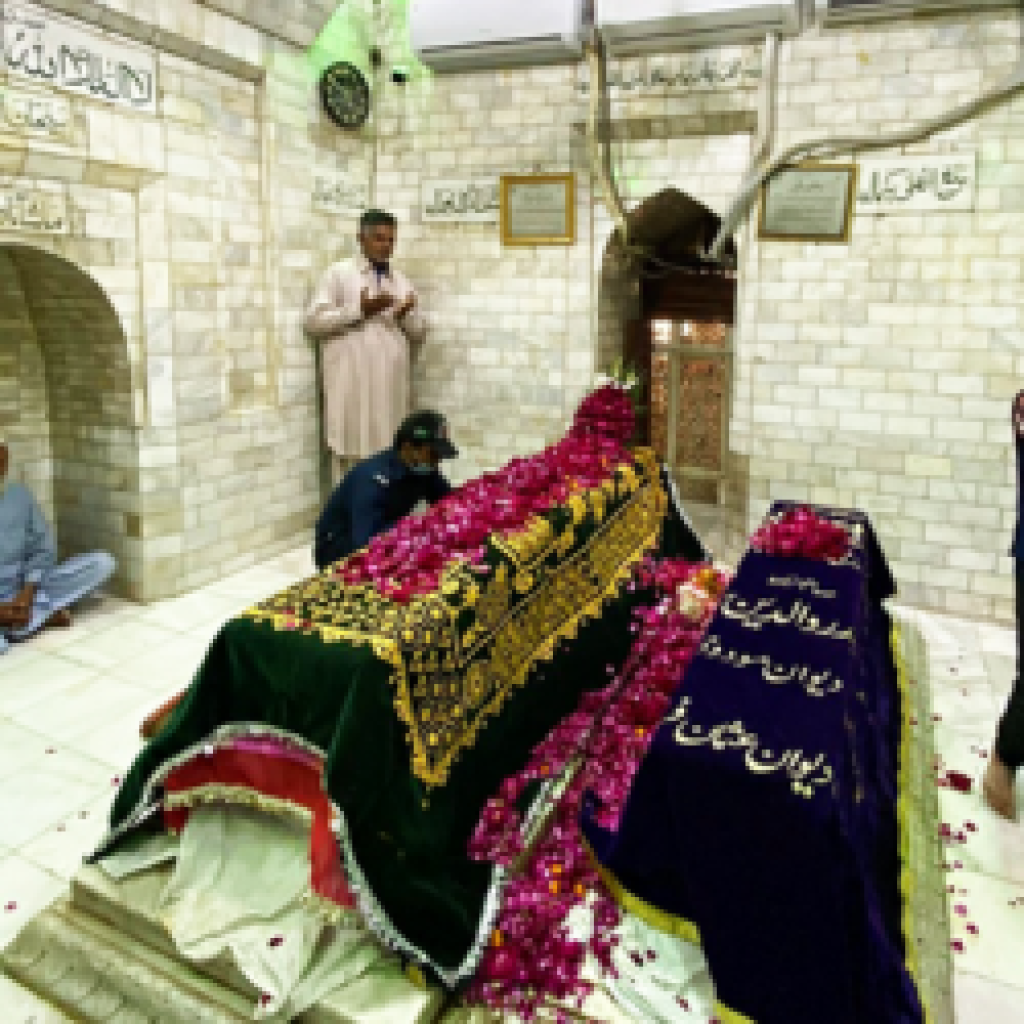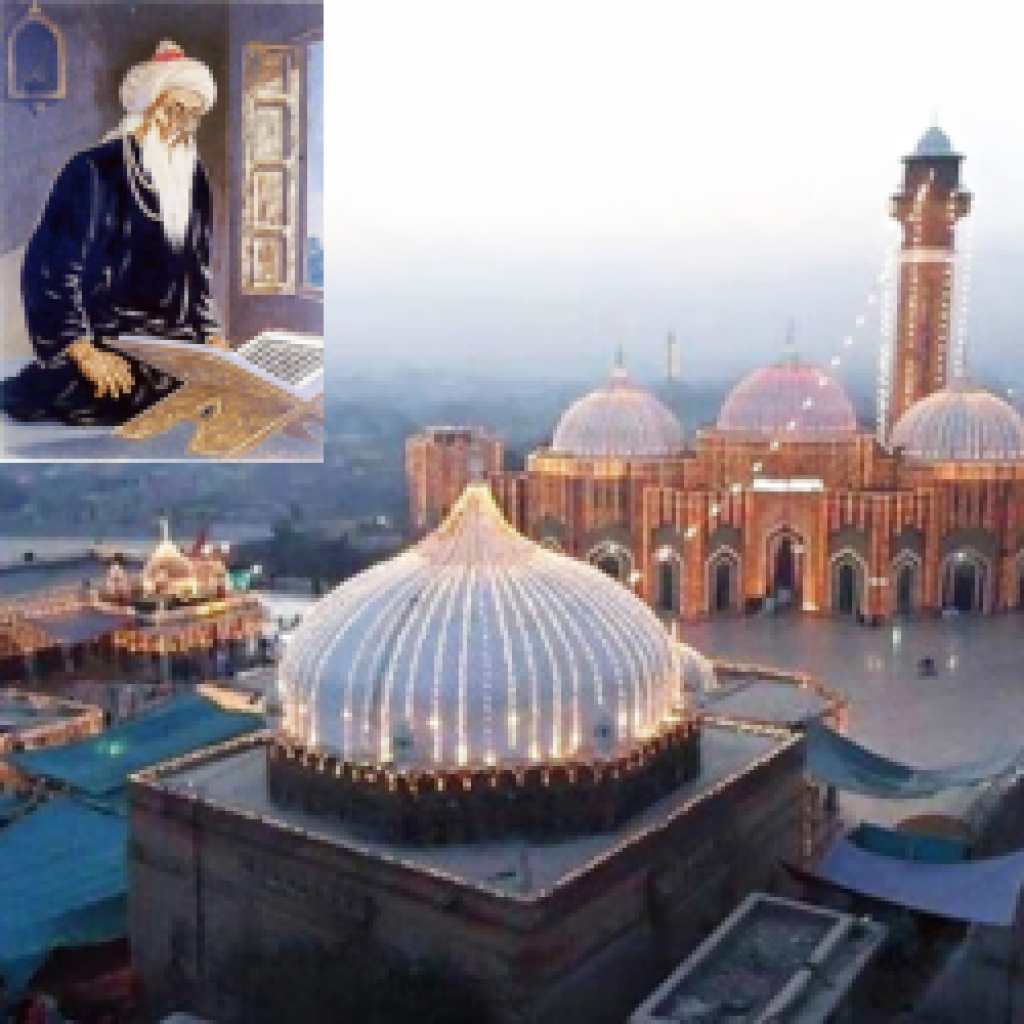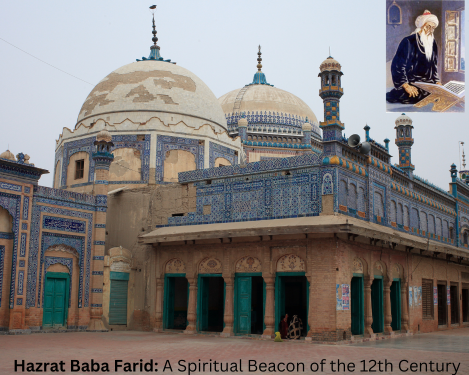Introduction:
Baba Farid, born in 1179 AD, was a revered 12th-century Muslim mystic and preacher known as Fariduddin Ganj Shakar. As a founding figure of the Chishti Sufi order, his spiritual journey began in Multan, where he studied under Qutab-ud-Din Bakhtiar Kaki. After Qutab-ud-Din’s passing, Farid became his spiritual successor, settling in Ajodhan (present-day Pakpattan).



Table of Contents
Legacy and Family of Baba Farid:
Married thrice with eight children, Farid’s descendants, often called Fareedi or Faruqi, carry his legacy. Ibn Battuta notes Farid’s influence on the Sultan of Delhi and the village of Ajodhan bestowed upon him.
Literary Contributions:
Farid (RA) enriched Punjabi literature, elevating the language for literary purposes. His poetic contributions laid the foundation for vernacular Punjabi literature.
Title Origin:
Legend has it that Baba Farid’s title, Shakar Gunj (‘Treasure of Sugar’), stemmed from his mother placing sugar under his prayer mat. Finding it miraculously one day fueled his spiritual fervor.
Shrine and Symbolism:
Located in Pakpattan, Baba’s shrine, adorned with white marble and two doors, symbolizes spiritual enlightenment. Inside lie two graves—Baba (RA) and his elder son’s.
Tour to Pakpattan:
Visit Baba Farid’s shrine in Pakpattan with our guide, and study the testament to his enduring impact on spirituality and Punjabi literature. Explore the profound life and legacy of Hazrat Baba Farid, a 12th-century Sufi mystic whose spiritual journey shaped the Chishti Sufi order. Discover his literary contributions, family legacy, and the symbolism behind his title, ‘Treasure of Sugar.’


0 Comment